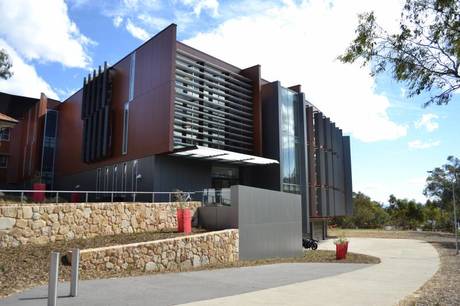Experts discuss threats to internet at ANU conference

Cybersecurity experts are convening at the ANU this week to discuss the threats nation state policies pose to the freedom and security of the internet.
The Securing our Future in Cyberspace Conference is being hosted by the ANU National Security College until Friday.
The event is being convened by ANU’s Professor Roger Bradbury. It will also feature speakers including Stanford University Senior Research Scholar for Cyber Policy and Security Dr Herb Lin and Indiana University VP for Research Professor Fred Cate.
Bradbury said Western nations will need to act quickly and collaboratively to preserve the freedom of the internet.
“The technical issues are tough, but the political issues are even tougher. Authoritarian nations like Russia, China and Iran want national cyberspaces with everything going through the government. It’s being done for local political reasons, not the benefit of their people,” he said.
“We have great difficulty working with other countries to convince them that it is in the collective human interest to have a trustworthy and open system.”
Bradbury has recently conducted computer modelling demonstrating how easy it would be for the internet to become a fragmented system. He said all it would take is a few decisions by a few countries before a cascade effect would threaten the freedom and openness of today’s internet.
International speaker Assistant Professor Jon Lindsay of the University of Toronto noted that at the recent G-20 summit in Turkey, leaders of the world’s major economies took a landmark stand against economic espionage in cyberspace. But he said this is unlikely to deter China.
“China has an elaborate system for covert intelligence collection, coordinated in part through the so-called 863 Plan for high-tech development,” he said.
“Chinese technological development is too invested in economic espionage to simply cease and desist.”
AI at scale demands a new approach to data resilience and privacy
Data Privacy Week is a timely reminder that taking control of your data is a strategic...
Australia's path to AI sovereignty lies in strategic control, not reinvention
Many argue that Australia's priority should be building sovereign AI infrastructure and...
Can Australian businesses afford to waste $557 million?
The real barrier to AI isn't tech hype, it's the old systems we refuse to fix.



